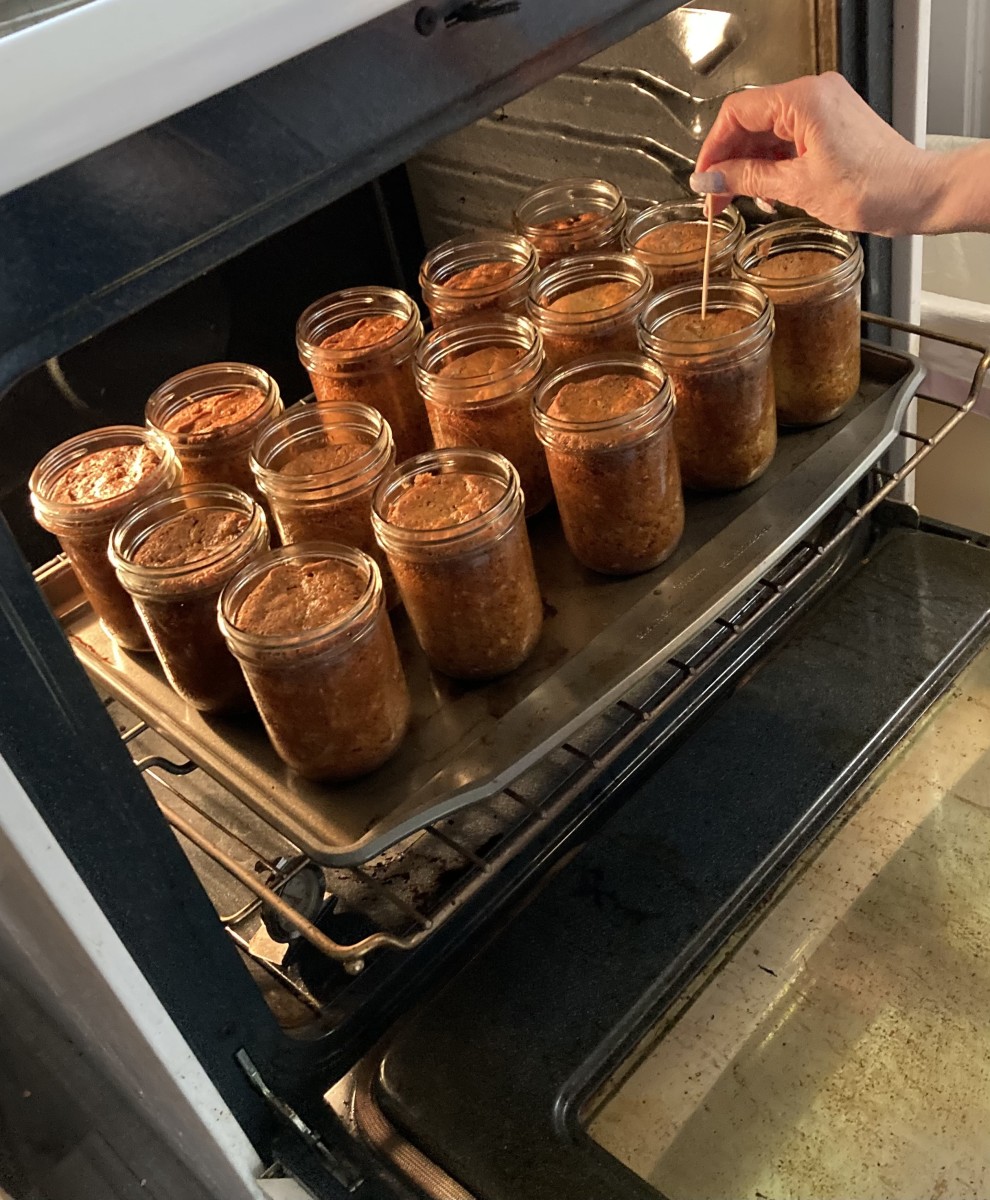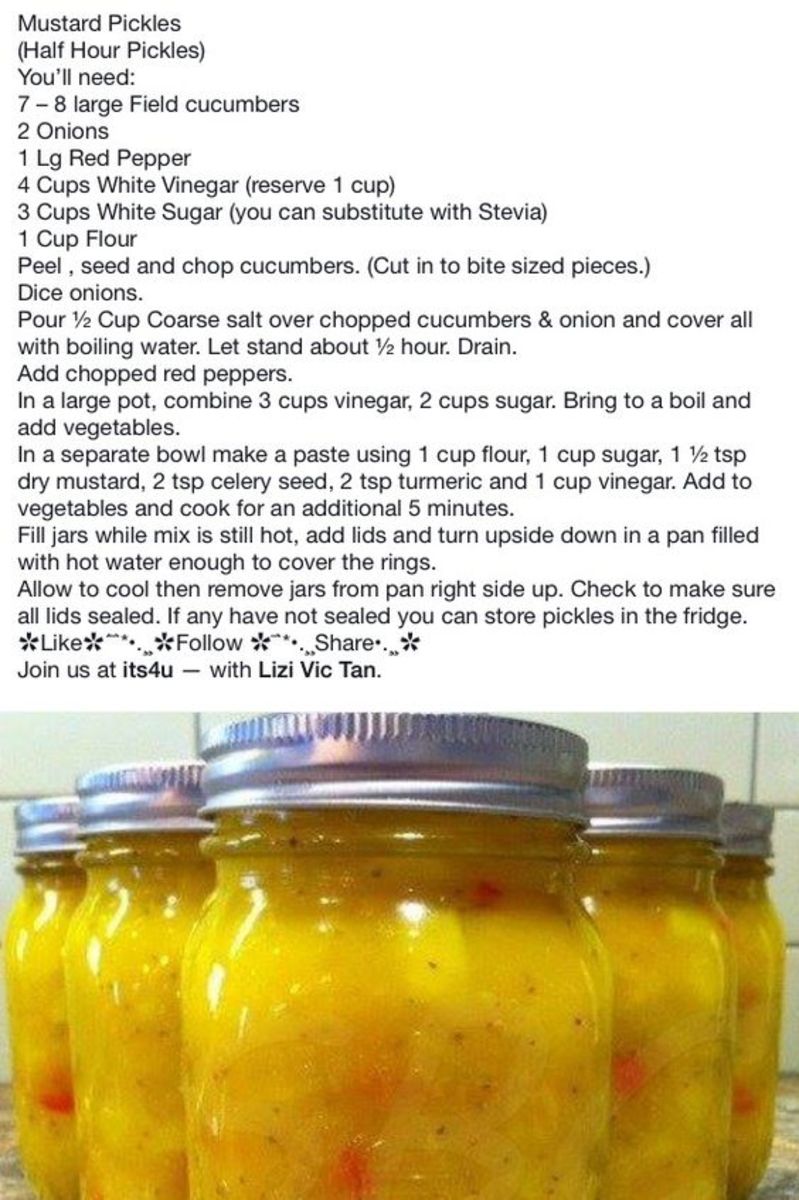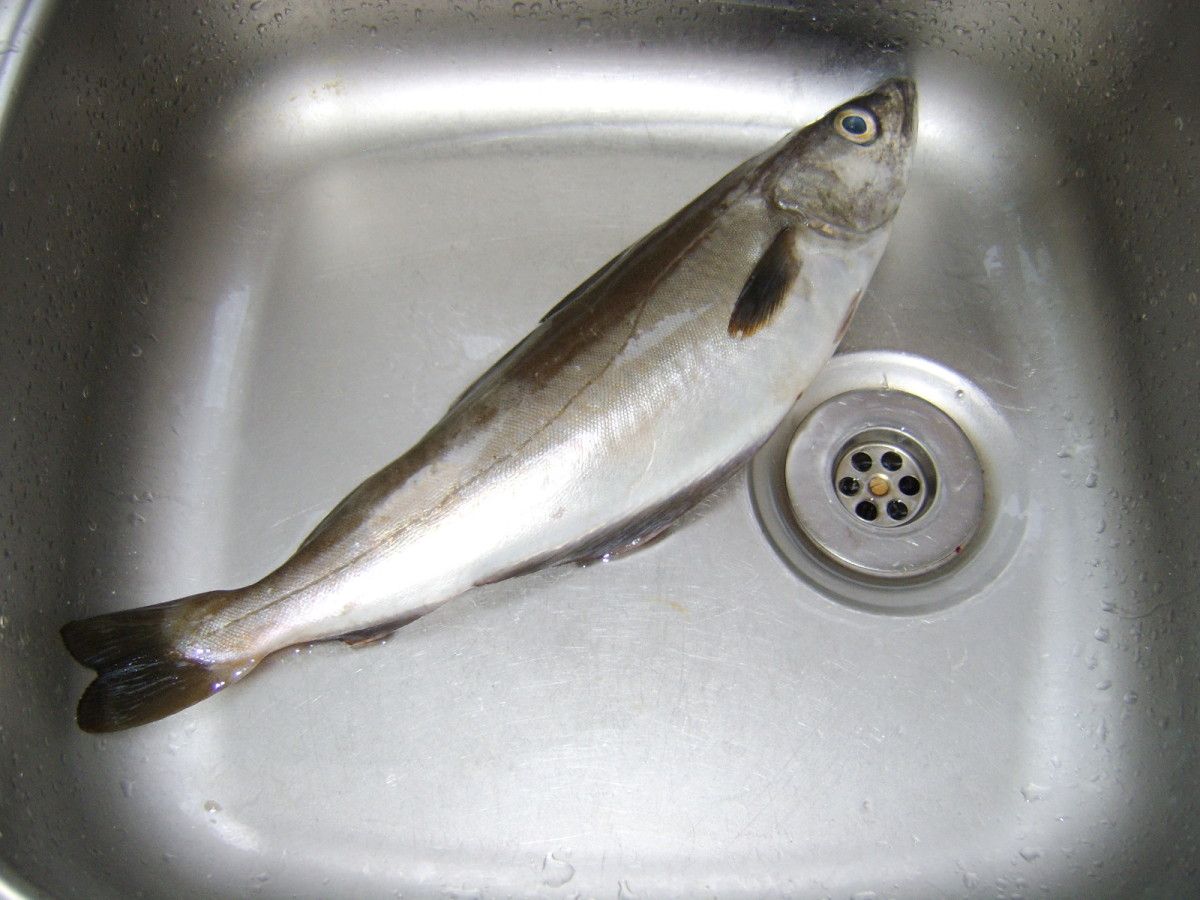How To Safely Store Wine At Home
Wine Bottles - by Misswired

How long should I store my wine?
Most wine drinkers are concerned about keeping their wines safe in storage. Although this is a valid concern, many folks worry too much about it. First of all, most wines – with the exception of really high quality wines – are meant to be enjoyed in the first year or two after bottling, rather than needing to age. In fact, a good rule of thumb is based on price - if it's expensive, and made from a tannic grape (generally Bordeaux , Red Burgundy, Barolo, and the like), it could use aging at least seven years. Most white wines will not improve with age at all. So, most of the time, you won't need to age the wine at all, and in fact, it can degrade with age.
We do, however, need to safely store wine for a couple of years, for reasons other than aging – we collected a few bottles on vacation, received them as gifts, or got a particularly great price on a case of wine we really liked. So, our goal is to keep these wines stored carefully enough to preserve their goodness for a year or two.
Watch the heat, light, humidity, and vibration
The most important factors in safely storing wine at home are keeping it consistently cool, keeping it dark, and keeping it still. The most important of these is temperature control. The average temperature is of utmost importance, since any temperature above room temperature (72 degrees F) will accelerate the aging of the wine. As we've established, these wines don't need aging, and aging may well degrade them. Particularly hot temperatures, in excess of 90 degrees F can “cook” a wine, ruining it completely.
In addition to the average temperature itself, we need to avoid fluctuations in temperature – both short term (day to night) and long term (through the seasons). The warming and cooling of the bottle can loosen the cork, letting in air, which leads to oxidation. The more frequent, or extreme the change, the worse for the wine.
Light is also a problem for wine in storage – especially sunlight, and to a lesser extent, fluorescent light. The ultraviolet light in these light sources leads to oxidation of the wine. Humidity can also be a problem, since too low relative humidity can lead to the cork drying out and letting in air. Finally, vibration can also lead to oxidation, as it circulates any sediment that may remain in the bottle. One more thing – you should store the bottles on their sides, to keep the cork moist, preventing it from drying out and permitting evaporation and oxidation.
Options for safe home wine storage
The good news is, you probably already have what you need to store your wine safely for a year or two. You'll want to find a place in your home that is consistently cool, dark, and still. Obviously you should avoid heat sources like ovens and fridges (skip the kitchen altogether), and heating vents. Possibly the worst place, although a common choice, is the liquor cabinet above the kitchen refrigerator.
Your best bets may be a basement or dark closet. Many folks consider the garage, but keep in mind that its temperature swings are likely extreme – both daily and over the seasons, and it can get pretty warm in summer. Storing wine in the kitchen refrigerator for more than a week or so is not really a good idea, although it may seem so. It's too cold, and can flatten the taste of your wine, while the dry air will dry out the cork, leading to oxidation. Perhaps even worse, other smells, like onions and garlic, can infiltrate the wine.
If you need a wine cooler
If you don't have a suitable space in a basement or closet, or you want to keep your wine longer than a year or two, you'll need a wine cooler – a special refrigerator designed to keep wine at a cool, consistent temperature, and usually providing light and humidity control. Wine coolers are not necessarily expensive – you can pick up a 12-bottle wine cooler of adequate quality for around $100. Keep in mind, though, that once you have a wine cooler, you'll tend to collect a lot more wine. (We built one in our basement to hold 36 bottles, and filled it within a couple of weeks.) So, you might opt for a 50-bottle capacity wine cooler, or even larger. And, be sure to check out the reliability – some of the cheaper wine coolers may fail too soon, taking your wine down with it.
So, don't worry too much about storing your wine for long periods of aging. Generally, you'll just want to preserve their quality over a year or two, which can easily be accomplished in your own home.
A few wine links you might find interesting...
- A Beginner's Guide to Wine
Not everyone has a taste for wine, but many beginners who have just acquired the taste might feel overwhelmed when they encounter experienced wine drinkers. I enjoy drinking wine at times, but I am by no... - TEN UNDER TEN RED WINE FOR THE RECESSION
These are tough times, and were all feeling the need to drown our sorrows. American winemakers are rising to the challenge by crafting delightful reds, nuanced and immensely drinkable, with... - 10 BEST RED WINES UNDER $20
When I first started to drink red wine I had no clue what I was doing. All I knew is that some tasted great and others, well, others made me want to reconsider drinking red wine at all.... - Cabernet Sauvignon - the King of Wine
Cabernet Sauvignon (also known as Bordeaux, in France) has traditionally been called the King of Wine - for its complexity, popularity, long heritage, and, in some cases, its high cost. It is certainly one of...



